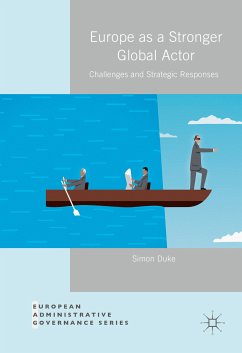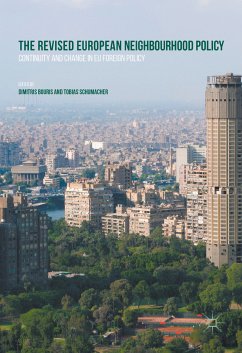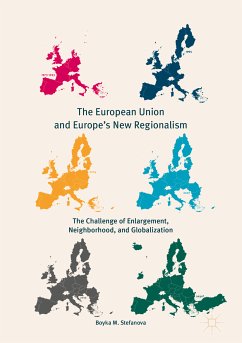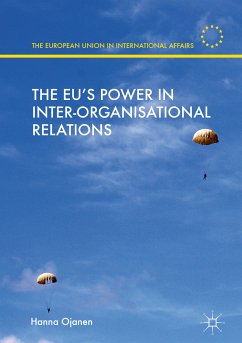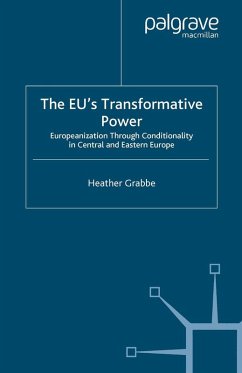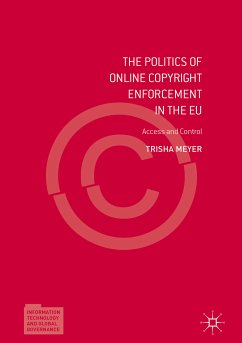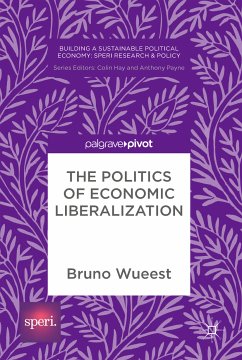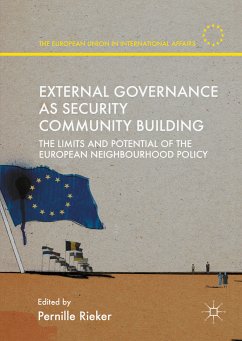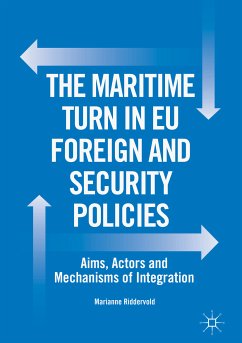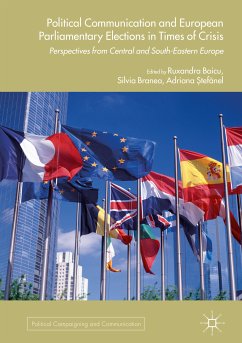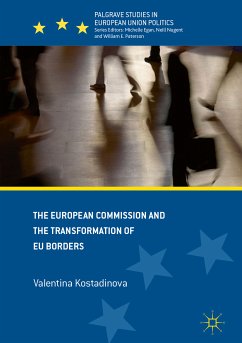
The European Commission and the Transformation of EU Borders (eBook, PDF)
Versandkostenfrei!
Sofort per Download lieferbar
72,95 €
inkl. MwSt.
Weitere Ausgaben:

PAYBACK Punkte
36 °P sammeln!
This book examines the contribution of the European Commission to the process of transformation of EU borders. Migration issues have been at the centre of EU political debates in recent years. From national controversies sparked by the economic difficulties in the aftermath of the 2008 economic downturn to EU-wide problems caused by the record number of asylum seekers looking for a refuge in the Union. Simultaneously, the EU migration regime has undergone a profound change since the 1980s as a result of the developments in the integration process. Inevitably this has impacted borders, transfor...
This book examines the contribution of the European Commission to the process of transformation of EU borders. Migration issues have been at the centre of EU political debates in recent years. From national controversies sparked by the economic difficulties in the aftermath of the 2008 economic downturn to EU-wide problems caused by the record number of asylum seekers looking for a refuge in the Union. Simultaneously, the EU migration regime has undergone a profound change since the 1980s as a result of the developments in the integration process. Inevitably this has impacted borders, transforming their nature and functions. The author looks at four key EU policy areas, which in recent decades have substantially altered the EU migration regime: the European Neighbourhood Policy, social policy, border controls, and free movement of people. Based on a variety of Commission documents the analysis focuses on the different borders that have been transformed, their altered nature and functions, and the specific impact of the European Commission on to these processes.
Dieser Download kann aus rechtlichen Gründen nur mit Rechnungsadresse in A, B, BG, CY, CZ, D, DK, EW, E, FIN, F, GR, HR, H, IRL, I, LT, L, LR, M, NL, PL, P, R, S, SLO, SK ausgeliefert werden.



